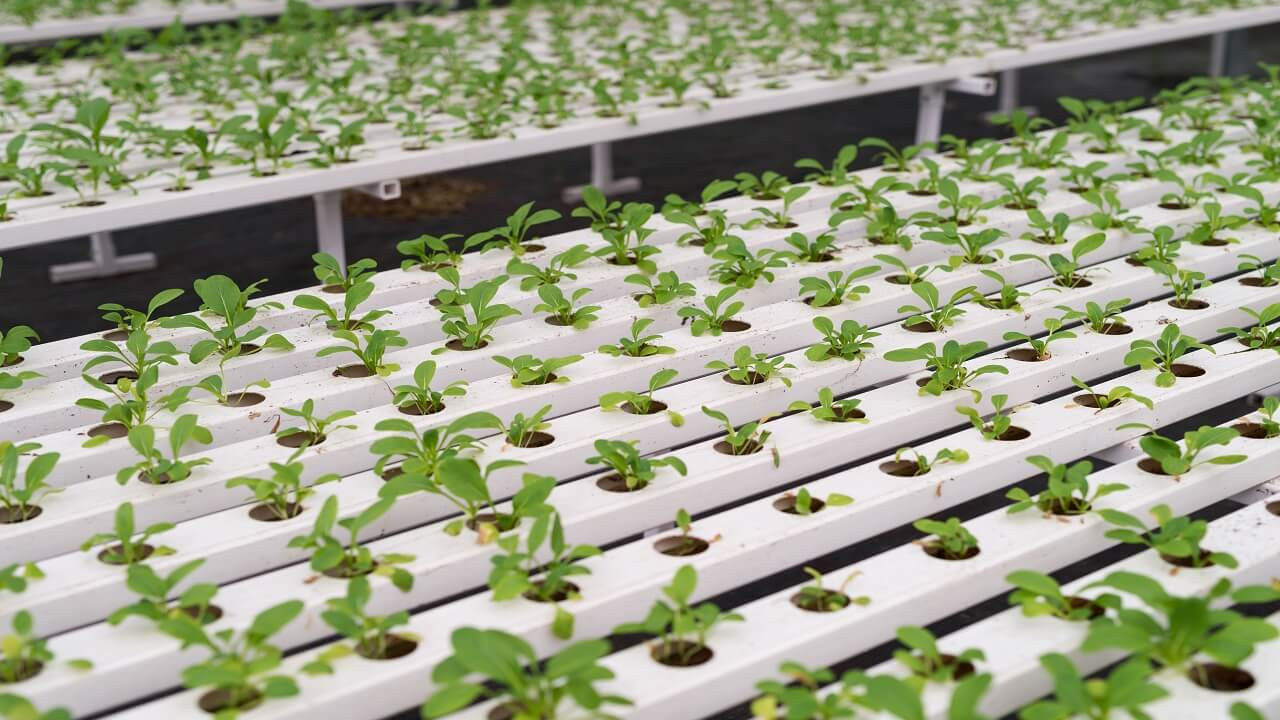
How to Select Greenhouse Plants Varieties
January 22, 2022, 10:00 am
New plant varieties for greenhouse farming are constantly being developed throughout the world and it is impossible to list and describe them all.
How to Select Greenhouse Plants Varieties
However, in order to have a successful and profitable greenhouse farming business, you need to select the right plant varieties. To do this, you will need to consider the following factors listed below:
Greenhouse Farming Plant Variety Selection Factors
Yield: The variety should have the potential to produce crops at the same or better yield and quality to those already grown in your farm. Harvested yield may be much less than potential yield depending on markets and quality factors.
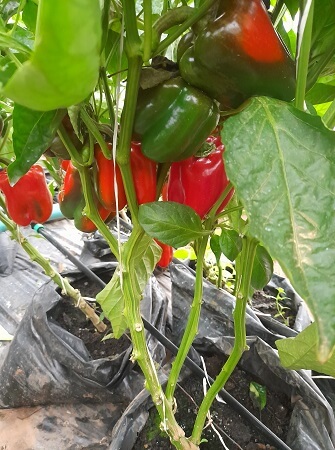
Days to Harvest: Choose varieties that meet market requirements based on days to harvest. Days to harvest in seed guides are based on the most common planting date and may be considerably longer in cooler periods or shorter in warmer periods. A more accurate guide to maturity will be Growing Degree Days (GDD), which are calculated for a specific crop using daily highs and lows and a base temperature. GDD information for different vegetable crops such as peas and sweet corn are available from seed suppliers and breeders.
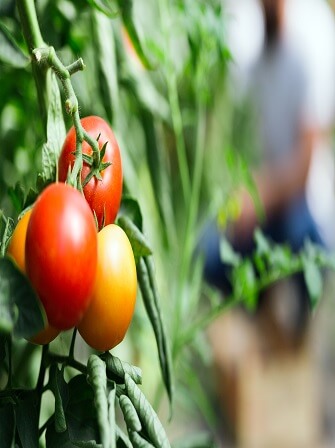
Disease and Insect Resistance, Herbicide Resistance: The most economical and effective means of pest management is through the use of varieties that are resistant or tolerant to diseases caused by fungi, bacteria, viruses, or nematodes. When all other factors are equal, select a variety with needed disease resistance or tolerance. In some vegetables, such as sweet corn, insect resistant varieties are also available and should be considered where they fit your requirements.
Herbicide resistant varieties of sweet corn are also available to allow for the use of post emergence non-selective herbicides for weed control. The continuous or intense production of herbicide or pest resistant varieties can potentially lead to herbicide-tolerant weeds and new, more virulent pest strains. Adherence to Vendor or Extension recommendations and a long-term crop rotation plan should minimize this risk.
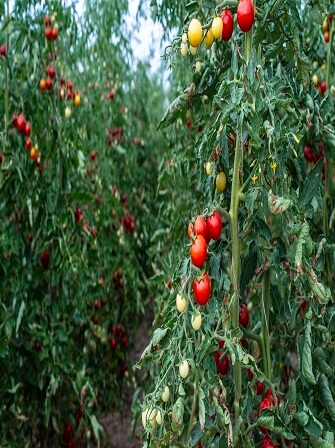
Resistance to Adverse Environmental Conditions: Choose varieties that are resistant to environmental conditions that are likely to be encountered. This includes heat or cold tolerance (disorder such as tuber heat necrosis); drought tolerance; resistance to wet weather (disorders such as cracking and edema); and resistance to low nutrient levels (disorders such as blossom end rot, leaf tip burns and hollow stem).
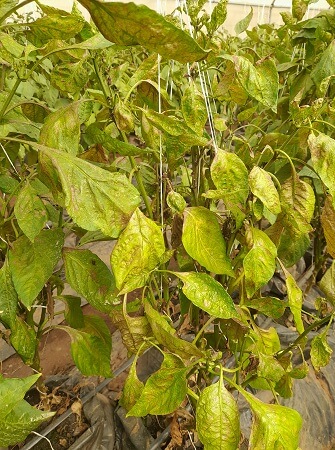
Horticultural Quality: Choose varieties that meet market quality requirements. Quality attributes such as taste, texture, size, shape, color, uniformity, and defects will often dictate variety selection. Grades, percentage by grade, or pack-outs are key quality attributes for some markets. Variety test data such as soluble solids (sugars or sweetness), acidity, pungency, fiber content and consumer taste panel information can assist in variety selection where available.
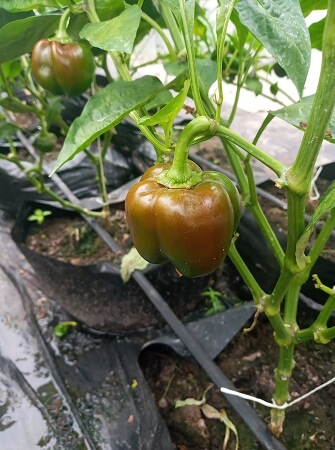
Processing performance is of major concern for frozen, canned or pickled vegetables. Other considerations include the ability to handle mechanical harvest or the ability to be packed and shipped distances with minimum damage in contrast to vegetables that are adapted only to hand harvest and local sales or short distance shipping. Other quality characteristics to consider include holding or storage ability, ripening characteristics, nutritional content, and culinary qualities.
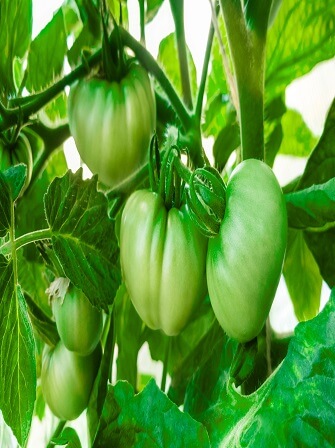
Plant Characteristics: Plant characteristics that may be considered in variety selection include plant form such as bush, upright, or vining; plant height; plant size; location of harvested part on the plant; and ease of harvest.
Adaptability: Successful varieties must perform well under the range of environmental conditions and production practices commonly encountered on individual farms. Seasonal adaptation is another selection consideration
Market Acceptability: The harvested plant product must have characteristics desired by both you and your buyers. Consider the requirements or desires of consumers, packers, shippers, wholesalers, retailers, or processors. Included among these qualities are flavor, pack out, size, shape, color, culinary qualities, nutritional quality or processing quality. Specialty markets such as ethnic markets, restaurants, or gourmet sales will have very specific variety requirements.
Many vegetable seed companies offer varieties that are transgenic or “GMO” (genetically modified organism). GMO varieties feature a small amount of DNA from a source outside of the crop species gene pool; another plant species, bacterium, virus, or even animal. This foreign DNA is either the direct source of a new trait such as herbicide, or disease or insect resistance or is needed to assist the gene insertion process. GMO products in the food chain are highly controversial, and effects are ongoing to regulate and label them. Be aware of current and pending regulations and adverse public sentiment before growing and marketing GMO varieties of vegetable crops.
Conclusion
Variety selection is a very dynamic process. Some varieties retain favor for many years, whereas others might be used only for a few seasons. Companies frequently replace varieties with newer ones.
There are many sources of information for growers to aid in choosing a variety. University trials offer unbiased comparisons of varieties from multiple sources. Commercial trials from seed distributors also offer multiple source comparisons. Seed company test results offer information about that company’s varieties.
Check results from replicated trials and multiple sites, if available. Trials conducted in similar soils and environments and local trials are the most reliable indicators of what will have the potential to perform well on your farm. Visits to local trials can provide good visual information for making decisions. Where quality is a prime concern, look for trials with quality data. Small trial plantings for 2 to 3 years are suggested for any variety or strain not previously grown. For a true comparison, always include a standard variety, one with proven consistent performance in the same field or planting.
If you would like to start greenhouse farming in Nigeria and you need a greenhouse farming business plan or consultation service, then you should get our greenhouse farming business plan.
With our greenhouse farming business plan, you will learn:
- The different greenhouse sizes available and the materials required to build them
- The different fruits and vegetables you can grow in the greenhouse and their yields
- The cost of building and constructing a greenhouse based on the size you want
- Profit and loss estimates for the first three years of running one unit of greenhouse
- Vegetable and fruit market analysis in Nigeria
- Marketing and sales strategy for running a successful greenhouse in Nigeria
- Personnel required to operate your greenhouse, key milestones and so much more!
For a payment of N50,000 you can get our greenhouse farming business plan and reports. To make your payment, please send a mail to agsolutions@agricdemy.com or call/chat with us on +2348089864121
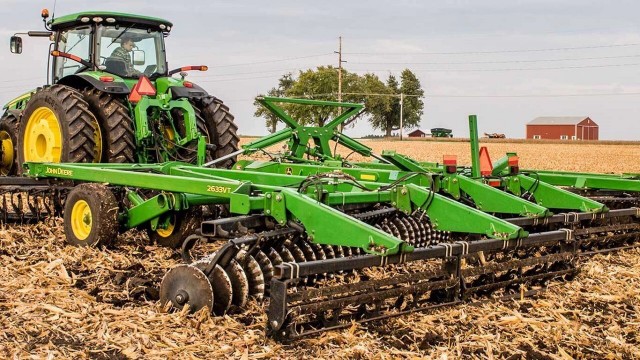
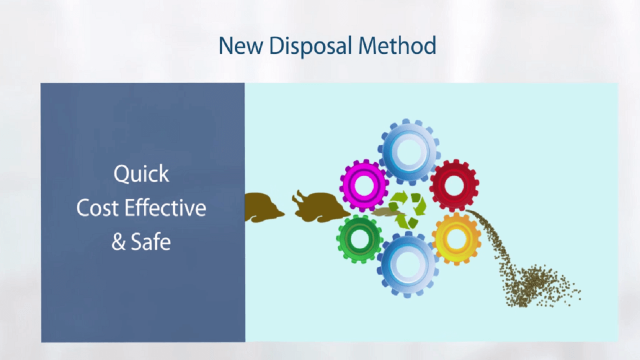
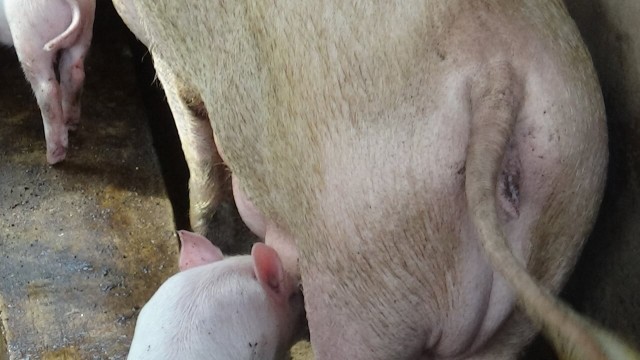
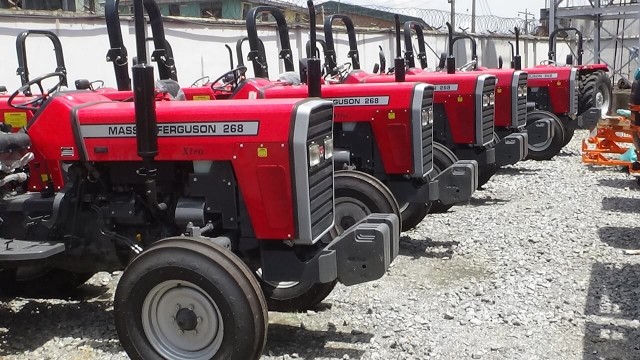
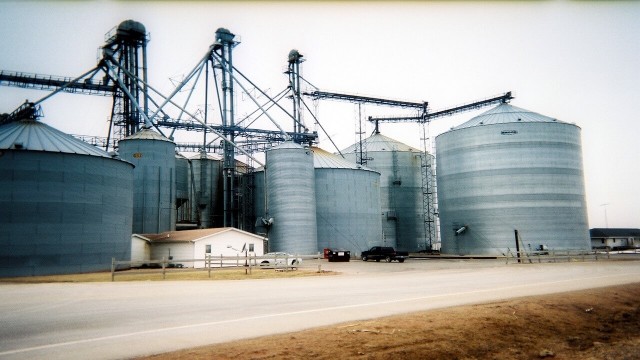


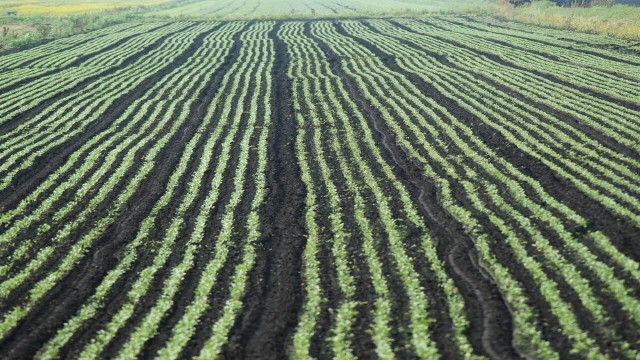



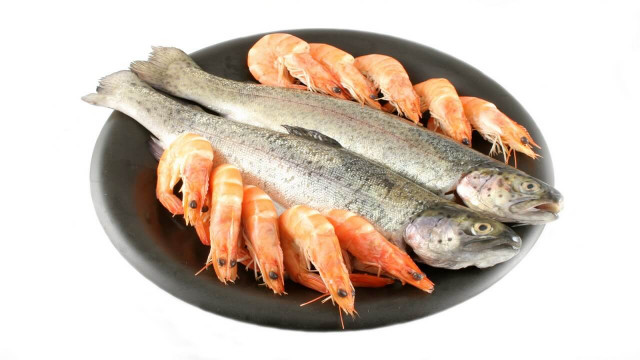
Share This Article: